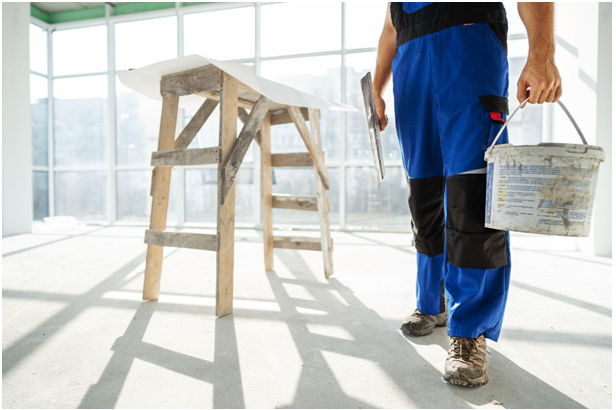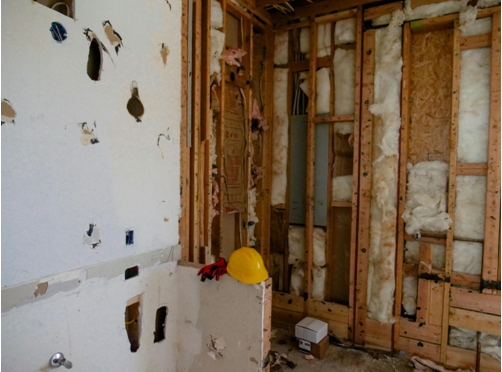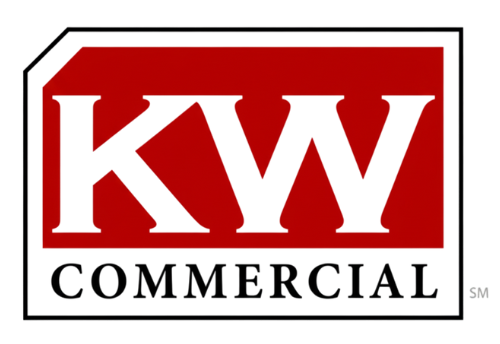What You’ll Need to be Pre-Approved
When buying a home, the majority of buyer’s are going to need a loan. Unless you’re lucky enough to have an outstanding amount of cash on hand, you’re going to have to rely on a bank or private lender to give you the funds. The more you learn about the loan process, the easier it will be for you when you’re ready to get funding. Let’s go ahead and break down pre-approval, it’s process, and what you as a buyer are going to need to have ready.
Pre-qualification vs. Pre-approval
There’s a big difference between pre-qualification and pre-approval. Pre-qualification is great for getting an estimate on how much you can afford to buy when you finally purchase that home. But pre-approval is a set number that you know you’re going to get. The reason most agents will ask if you’re pre-approved is because if you know exactly how much you can spend, it narrows down the search process for your new home.
The last thing you want and the last thing any agent wants, is to go out on the weekends, view a ton of houses, then come to find out that you cannot afford the house you fell in love with. As agents, we don’t want to get your hopes up and have them crushed by a lender. It is always best to get pre-approved, so you can search through all the homes you know you can afford without wasting your hard earned free time on the weekends.
What You’ll Need
- Proof of income
- Proof of assets
- Solid Credit
- Employment verification
- Any extra documentation
The first four are probably of no surprise to you, but the last one “Any extra documentation” is probably one of the most important ones. Not everyone has the same situation, some people may qualify for certain programs such as VA or Down Payment Assistance. Make sure you’re very open with your lender about your situation and what you want and need from them, this will allow them to do whatever they can do to make sure you get the best rate and the best loan!
For example, Homebridge Financial (one of our preferred vendors) actually offers an assistance program for veterans, first responders, teachers, etc. They offer you a big credit and waive certain lender fees that most people have to come out of pocket to pay. So make sure you do your research and ask your agent for all their preferred lenders so you can shop around for your best option,
How to get started
Now that you know all of the information you will need, and why, now it’s time to gather all of those documents and go shopping! There are multiple different types of lenders, such as Credit unions, mortgage bankers, correspondent lenders, S&L’s and mutual savings banks. You’ll want to verify if each lender you consider is registered in the state you’re going to be shopping in. This can be done through the Nationwide Multistate Licensing System Registry.
Your next step is to simply get pre-approved and to compare your rates. This is where communication is key! You’ll want to make sure you ask all of the right questions and read the fine print on everything each lender gives you. This can be a time consuming process, so consider talking to your agent or lender about what’s best for your situation.
Some questions to ask can be:
- What are the down payment requirements?
- What am i responsible to pay for at closing?
- Can you waive these fees or roll them into my mortgage?
- Do you offer discount points?
These are just a few of the questions you will want to make sure you ask. If you still don’t feel comfortable with your lender, have your agent help you. Remember, as an agent, it is their job to keep your best interest in mind and to make sure you walk away happy and with everything you need.
If you’re still looking for an agent that will help you find the home of your dreams, and take you through the process with your best interest in mind, reach out to the Brown Home Group at Keller Williams Advantage II Realty! You can find us on all social media platforms or on our website at www.brownhomegroup.com
-Or call us at 321-348-8720
Written By: Blaine Wyker
Sources:
https://www.nerdwallet.com/best/mortgages/tips-for-finding-best-mortgage-lender
























